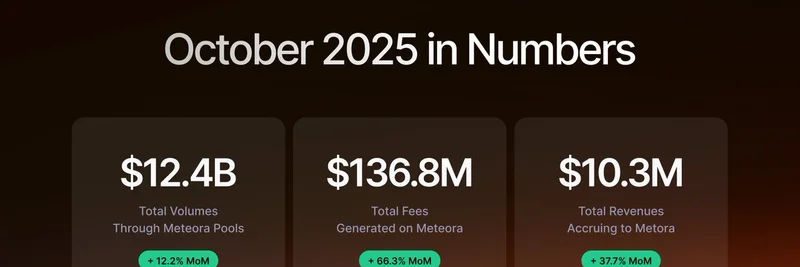Ryan Sean Adams, a prominent crypto investor and advocate for going "bankless," recently dropped a bombshell tweet that's got the crypto community buzzing. In it, he warns about potential amendments to the newly passed GENIUS Act that could snatch away stablecoin yields from everyday Americans and hand them over to big banks. If you're into meme tokens or any part of the blockchain world, this matters because stablecoins are the backbone of trading and liquidity in crypto markets.
Let's break it down. Adams' tweet reads: "If the banks manage to get congress and president to pass an amendment to the Genius bill blocking AMERICAN CITIZENS from receiving their own 4% stablecoin yield and giving it to the banks instead... If they manage to do this then You will know - without any shadow of a doubt - that all your elected officials are owned by the banks. Your only defense against this is the crypto lobby - they are fighting for Americans against the banks."
He's referencing the GENIUS Act, which became law through a bipartisan effort to regulate stablecoins safely while fostering innovation. Stablecoins, for the uninitiated, are cryptocurrencies designed to hold a steady value, usually pegged to the U.S. dollar. They're backed by reserves like cash or U.S. Treasuries, making them a reliable way to move value in the crypto space without the wild swings of tokens like Bitcoin or your favorite meme coin.
What the GENIUS Act Does
The Act sets up strong consumer protections, requiring stablecoin issuers to keep one-to-one reserves in safe assets, undergo rigorous licensing, and maintain transparency that's often better than traditional bank deposits. A key part, Section 16(d), lets state-chartered institutions handle stablecoin operations across state lines without extra red tape, avoiding a messy patchwork of rules that could slow down innovation.
This framework positions the U.S. as a leader in digital finance, allowing stablecoins to grow while keeping the financial system stable. It's a win for users because it opens the door to earning yields on these digital dollars—think around 4% from holding stablecoins backed by Treasuries, which is way better than the paltry 0.07% average on checking accounts or 0.39% on savings, as banks pocket the difference from the Fed's higher rates.
Why Banks Are Pushing Back
Big banks and their lobbyists aren't thrilled. They're worried stablecoins could pull deposits away from them, estimating wild figures like $6.6 trillion in outflows. But hold up—studies, like one from Charles River Associates in July 2025, show no real link between stablecoin growth and bank deposit losses. In fact, stablecoin reserves often stay in the traditional system, boosting liquidity and even drawing more money into the U.S. economy, according to a Treasury report.
What banks really want is to amend the Act, maybe even repeal Section 16(d), to limit stablecoin competition. This would protect their profits but at the cost of consumer choice and innovation. As Summer Mersinger, CEO of the Blockchain Association, argues in her CoinDesk op-ed, banks should compete by offering better products instead of trying to "kneecap" emerging tech.
Implications for Meme Tokens and Blockchain Practitioners
Now, how does this tie into meme tokens? Stablecoins like USDC or USDT are the on-ramps and liquidity providers for trading memes on platforms like Solana or Ethereum. If amendments restrict stablecoin yields or growth, it could make trading more expensive or less accessible for retail users. Higher costs mean fewer pumps for your favorite dog-themed coin, and less innovation in DeFi protocols that power meme ecosystems.
Plus, this fight highlights the role of the crypto lobby, like the Blockchain Association, in defending user interests against legacy finance. Adams is spot on— if these amendments pass, it's a clear sign of capture by big banks, undermining the decentralized ethos that meme tokens embody.
For blockchain practitioners, staying informed on regs like the GENIUS Act is crucial. It could shape how you build, trade, or invest in memes and beyond. The Act as it stands encourages competition, which might lead to better yields and tools for everyone in crypto.
The Bigger Picture
In the end, the GENIUS Act is about embracing the future of money. Stablecoins aren't here to destroy banks; they're here to make finance better, faster, and fairer. If banks win this lobbying battle, it could set back U.S. leadership in digital assets, affecting everything from stablecoin yields to the vibrant meme token scene.
Keep an eye on this—join the conversation on X, support pro-crypto policies, and remember, in the world of blockchain, competition is what drives us forward. What's your take on Adams' warning? Drop it in the comments below.



